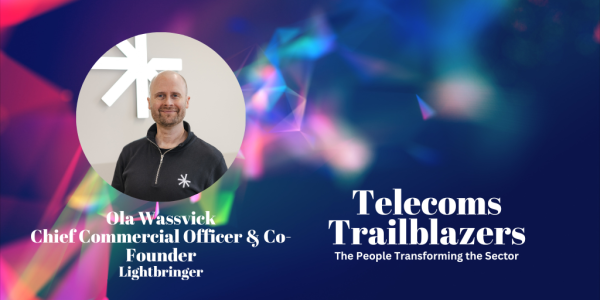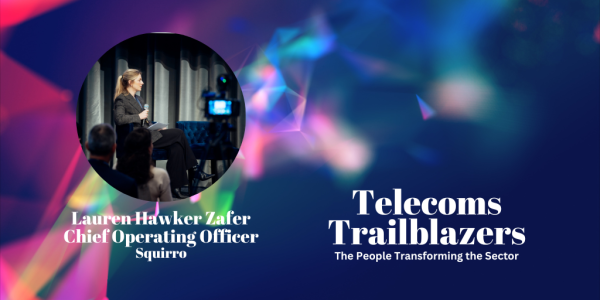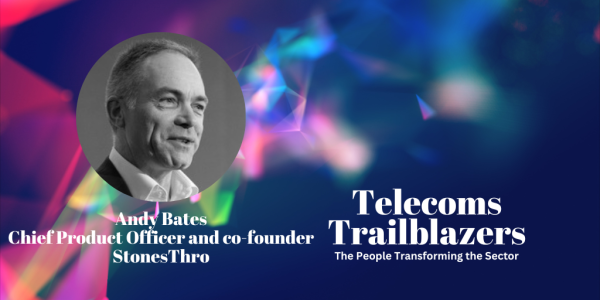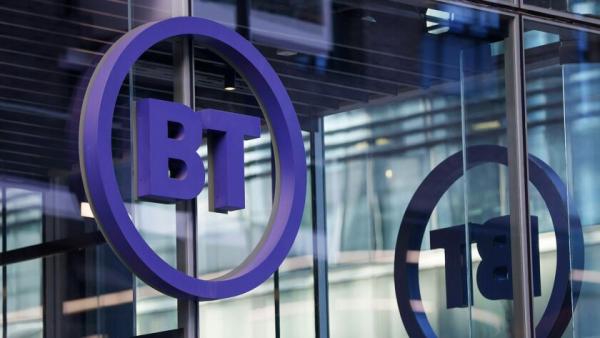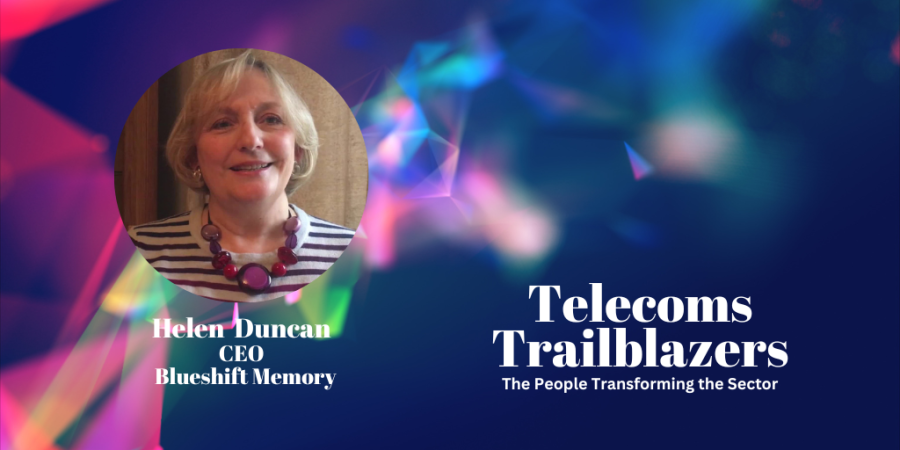
Hello, I’m Helen Duncan, Chief Executive Officer at Blueshift Memory, a next-generation computing technology company in Cambridge. I have also managed my content agency, MWE Media, and sit on various committees including the UKTIN Semiconductor Expert Working Group.
Blueshift Memory has designed a chip that enables more efficient handling of large data sets and time-critical data, enabling up to 1,000 times faster memory access for specific data-focused applications. To communicate the value of the design to customers, clients, partners and society, in-depth technical knowledge is required – I am a chartered engineer, and I began my career (a long time ago!) developing RF and microwave semiconductor devices and subsystems.
Writing has been a key part of my role for many years; I have produced articles and freelance material for trade journals such as Vanilla Plus, Microwave Journal, Microwave Product Digest, and New Electronics. Events are also crucial for increasing brand awareness and product exposure: I have had experience organising major events in the wireless industry, including European Microwave Week, Wireless Design Conference, Wireless Broadband Forum, and LTE Focus.
The position at Blueshift Memory was initially outside my comfort zone, but I have embraced the challenge and find it very exciting. Digital computing feels very different from RF, even though it is still within the realm of semiconductors. I have learned new buzzwords and acronyms and even sharpened my pitching skills.
What do you enjoy most about working in this space?
Gosh, I think the variety – but also the people. Most people are really nice and I’ve found it to be an inclusive industry, with a pleasant community and ecosystem.
What’s the most ridiculous thing you’ve done in the name of work?
When satellite television first launched, I was the marketing manager at Plessey Microwave, and we had made a prototype set-top box and antenna. My boss invited journalists to watch a World Championship boxing match in the USA (Bruno-Tyson, for those old enough to remember!) using our prototype kit at 2 a.m. UK time! We put on a buffet and drinks, too, which was rather surreal.
What excites you most about working in telecoms?
The potential to connect people. Can you imagine how isolated we would have felt amid the pandemic without technology? We wouldn’t have been able to pick up the phone or video call family members.
What would you like people to know about your work?
I enjoy it! I can’t imagine technology losing its wow factor for me. I still have that sense of wonder. If I ever lose that feeling, I will retire.
Why is a vibrant, flourishing telecoms ecosystem important for the UK?
The telecoms sector needs to have a strong indigenous capability. The world has become almost unrecognisable in the last few decades, and we must control our destiny. The UK is known for pioneering telecoms - for example, Guglielmo Marconi, though Italian, carried out most of his work in this country. Although it’s not possible to return to self-sufficiency, we need to develop a greater degree of resilience. Around 90% of the world’s high-performance semiconductors are manufactured in Taiwan. What would we do if that part of the supply chain was restricted?

